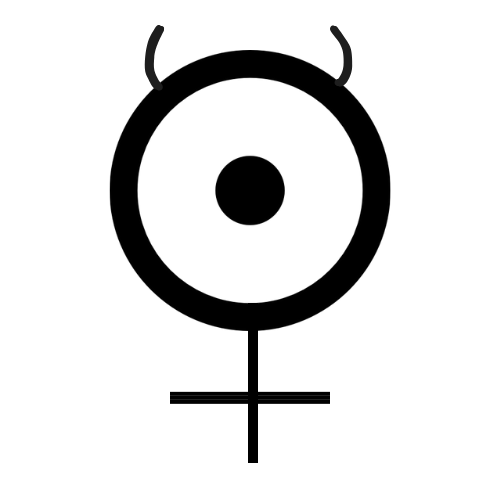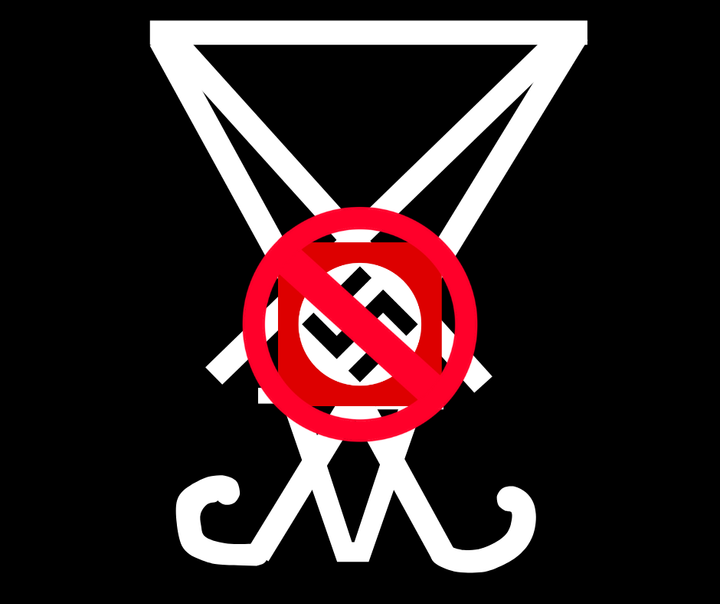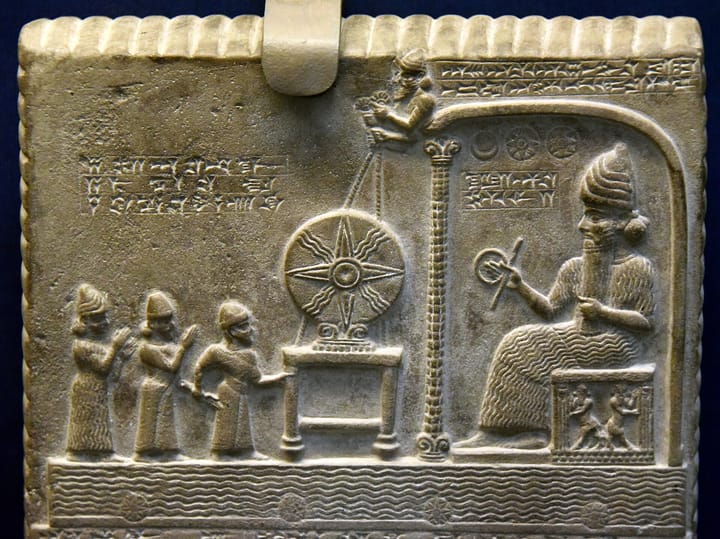Why I Use Neo-Pronouns
So some conservative asshole on the internet a few days ago told me my neo-pronouns were worth mockery and I cried about it. As a result of that, Grace asked me how my ze/zem/zir pronouns differed for me from they/them/their pronouns or my he/him/his pronouns and I realized I haven't fully articulated why I started using neo-pronouns. As all things gender, it's difficult to put into words how something resonates with your identity, so I am going to pull this out a little bit.
There are different kinds of pronouns and not all of them are universal. In English, the most well known and used pronouns are I, you, we, they/them/their, he/him/his, she/her/hers, it/its etc. This is Merriam Webster's definition:
pronouns : any of a small set of words (such as I, she, he, you, it, we, or they) in a language that are used as substitutes for nouns or noun phrases and whose referents are named or understood in the context
Although many other European-based languages have equivalent pronouns and use them in similar ways to English, pronouns are not used universally neither in amount nor in the same ways in other languages across the globe. A few examples:
- According to my Hawaiian supervisor at the LGTBQ center I volunteer at weekly, the indigenous language of Hawaii does not have any pronouns at all
- Mandarin Chinese has one third person pronoun, which is pronounced tā, though non-binary Chinese people are coming up with new ways to have the written gendered language include them
- While it is a new phenomenon to ask a person their pronouns in English-speaking societies, it is common in Balinese societies so that the speakers know how to address each other in relation to social stratification
The lesson to take from this is that pronouns are made up the same way that all of language is made up. This is not to diminish pronouns nor languages; everything social is in fact a creative endeavor between people. There are also similar efforts by non-binary people outside of English- and Chinese-speaking societies to have their languages add new features in order to be more inclusive of them. So to call my neo-pronouns a mockery is to be wholly ignorant of the building blocks of communication and how one of the few things truly universal about language is how it evolves.
Now that that is said, what is most important with gender identification is how a soul feels about itself. My soul, for whatever reason, likes Zs. When I was younger, my favorite character in Fiddler on the Roof was the oldest daughter Tzeidel and I would run her name through my head repetitively because the "tz" gave me a feeling of peace. Singing Hebrew at synagogue was enhanced by all the usages of that sound while it was much more rarely used in English.
Years later, my online occult friends began calling me Phoebs as an affectionate nickname for my Discord name PhoebeRae. This was great because friend reasons and then-unexplored gender neutral reasons, but it became even better when Grace started spelling it as Feebz. I identified as a cis woman at the time, but I loved, loved, loved how she called me Feebz even making it into my signature on my paintings. Since then, newer occult friends reading my username have intuited that my name is pronounced as that spelling.
My current chosen name outside the internet has no Zs :( Yet I do love it and it is very me. So in order to still have Zs associated with me, I recently chose to use the neo-pronouns ze/zem/zir.
This has been a huge step for me because of attitudes espoused by the person who made me cry. I had also previously had conversations with fellow trans friends about why we didn't want to use neo-pronouns. You have to introduce their existence in the first place, which is often awkward (I do this by telling people mine are pronounced they/them/their with Zs). Most people don't feel confident using them so they resort to my he/him/his pronouns instead. Then speakers who do make honest efforts need to create new habits/neuropathways in order to use them.
When I was a kid, I was kind of provocative, but damn I never wanted to be this kind of provocative! And as a people pleaser in recovery, it's kind of embarrassing to have to ask. So, I really wouldn't be using these pronouns if it didn't sincerely matter to me (also I tried to eschew them and Inanna gave me a jab so there's that too).
To circle back around to Grace's question, there is also the differences between my identity and the concepts of the more standard pronouns. I liked they/them/their at first because of its ambiguity. We often use "they" when we don't know who a person is at all and so it seemed to ring so much potential and multiplicity. But as my gender journey continued, I found that there was an invisibility aspect to it. I didn't necessarily feel that "they" referred to me like it did in the beginning, similar to how I may use "non-binary" as a term of convenience but don't truly identify with it because I am not a "non."
He/him/his still works because it contains the essence of masculinity (for me. Not for all trans people). But I don't feel that it captures the part of me that is androgynous or genderfluid. There are some days where I am a guy and there are other days where my androgyny feels much stronger. He/him/his also doesn't contain Zs, which is unfortunate.
So I hope this explains why someone would choose to use neo-pronouns despite the innate challenges they bring. Although they are a creative invention, they are one sourced in a person's true inner peace and identity. I also hope this helps those who don't use them for their trans friends feel more confident in giving them a try even though there will inevitably be mistakes along the way. Thanks for reading!



